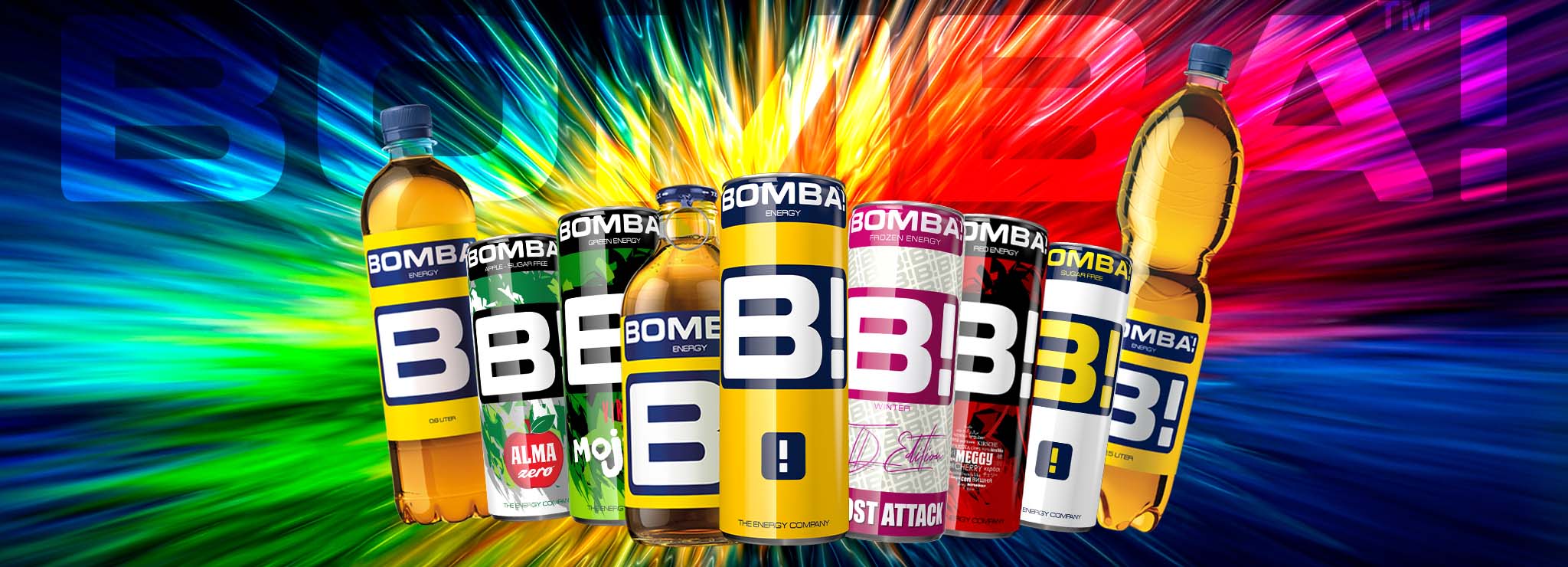About energy drinks
Consumption of energy drinks is very widespread in Hungary, especially young adults often buy these drinks, hoping that they will be more energetic, increase their performance and have more energy for work and study.
Why is it unhealthy to consume them?
Energy drinks are defined as soft drinks that increase the metabolism, wakefulness, and performance of the human body for a period of time. Their main ingredients include caffeine, carbohydrates, vitamins and some amino acids. According to a law passed in 2011 (then amended in 2012), producers have to pay a high tax (public health product tax or also known as “chip tax”) if taurine is found in energy drinks, so manufacturers in Hungary no longer add this compound to their products. Added taurine is not banned (it is still used in other countries, such as Austria), but the tax that would then have to be paid to producers is so that it is no longer worth producing. Because of this tax, the misconception that taurine is dangerous has spread. Some products add other amino acids with similar effects (such as inositol or arginine), thus avoiding the tax and replacing the role of taurine.
The average consumer is unaware of what they are actually consuming and that instead of the old taurine energy drinks, they now find drinks with a different composition on store shelves. Yet he thinks that the energy drink he consumes instead of a coffee will be more vivid and active than his black companion. It can also be seen that the energizing effect was not due to taurine but to caffeine.

About the role of taurine in our body
Taurine alone has no harmful effects, as has been shown by a number of independent studies. It is a sulfur-containing amino acid (that is, an amino sulfonic acid that is not involved in building proteins) that is present in the human body in an amount of 1 gram per kilogram of body weight. It is not essential because our body can produce it from cysteine and methionine, so a healthy person who does normal physical activity does not need external replacement. This compound plays an important role primarily in the brain, nervous system, heart and muscle tissue. It helps the muscles function by increasing the entry of certain nutrients (calcium, glucose) into the muscle cells. It also plays a role in stabilizing blood sugar levels. Taurine is found in large amounts in meat, fish and seafood, but is also present in breast milk and is added to infant formulas. It can also be seen that taurine is not harmful, has no stimulant-like stimulating or stimulating effect, and does not cause an increase in blood pressure.
Then why is it unhealthy to consume energy drinks?
There are 3 categories of energy drinks in terms of caffeine content: low caffeine: 15 mg / 100 ml, conventional caffeine: 32 mg / 100 ml, and elevated caffeine: 38.5 mg / 100 ml. For comparison: the average caffeine content of cola is 11mg / 100ml.
The role of amino acids added to energy drinks (arginine or inositol, formerly taurine) in energy drinks is that they help cells absorb glucose through various transport processes, allowing more carbohydrates (such as sucrose, glucose, fructose) in energy drinks to be utilized. Glucose is our body's main energy provider. Thus, these amino acids alone do not interact with caffeine, do not “spin up,” and do not produce harmful compounds.
The biggest problem is with the measure. Occasionally, consuming 1 small can of energy drink for a healthy adult does not cause health damage and is not stressful for the body, however, many do not stop at 1 serving and consume up to a liter in one day. Consuming energy drinks can also be dangerous if a person has heart disease or high blood pressure. Schoolchildren, teenagers and young adults drink a box / liter a day, allowing them to take in 100-300 but up to 500 mg of caffeine a day. It can cause such heart problems, such as a fast heartbeat, chest tightness, and high blood pressure, tremors, vomiting, and diarrhea. Caffeine also has a strong diuretic effect, so if no water is replenished from other fluids, there may even be signs of dehydration, such as headaches. Addiction to caffeine is high, and dependence and tolerance to the active substance easily develop, so the body needs to consume more and more doses to achieve the desired effect. Young people with as yet unrecognized hidden heart disease can easily end up in a life-threatening condition from consuming energy drinks. And those who take medication, either regularly or occasionally, should avoid consuming energy drinks because of possible interactions.
[Forrás: https://www.webbeteg.hu/cikkek/egeszseges/8434/sziv-es-energiaital]
